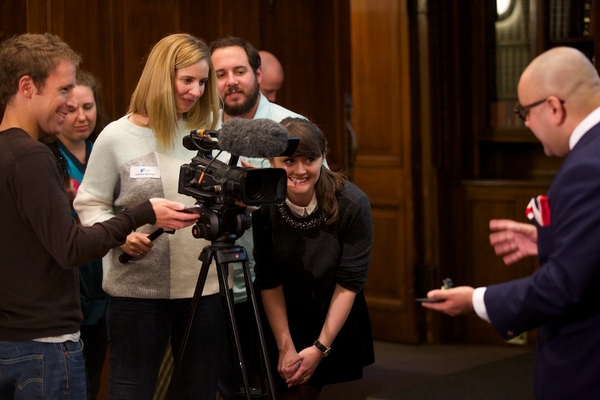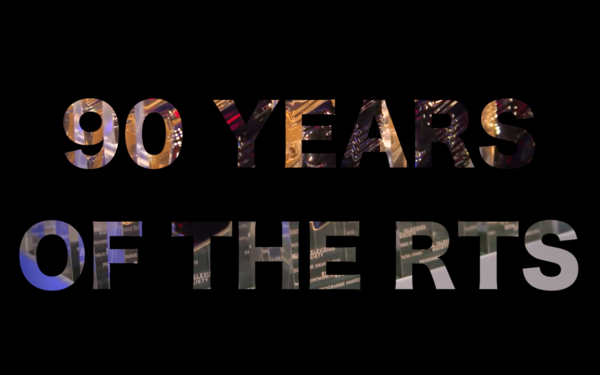Social Media Muscles in on TV
The way we access content is fundamentally changing. Shorter-form content continues to grow apace and, at the same time, viewing is fragmenting across myriad devices and screens. Helping drive this change has been the emergence of a new generation of distribution platforms that blend professional video, user generated content and social media.




